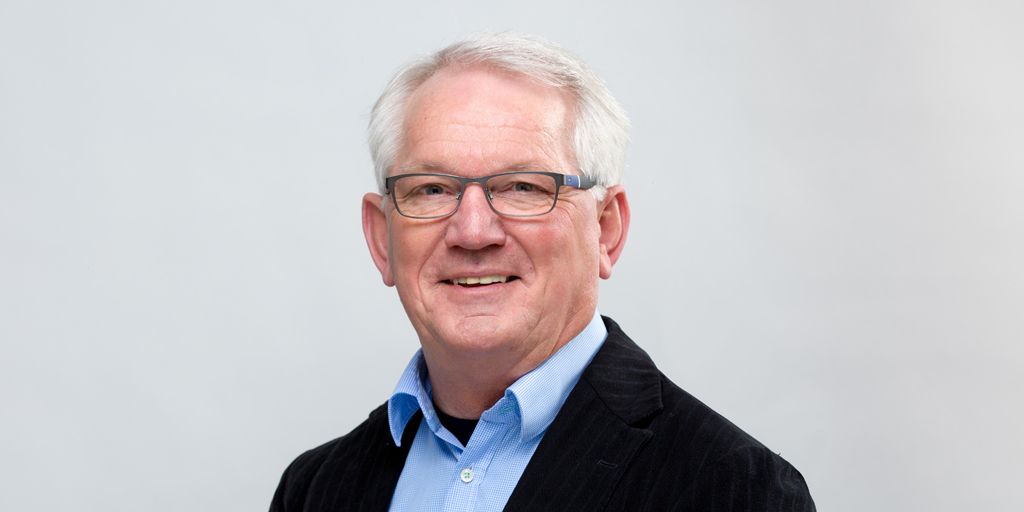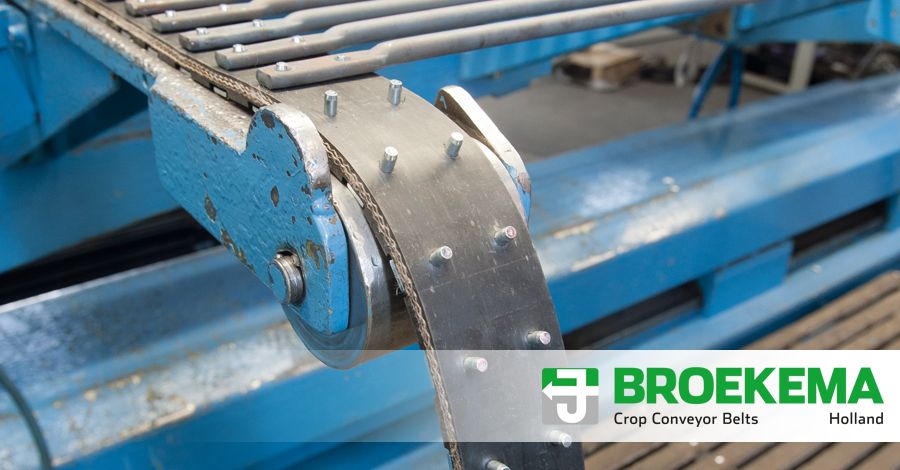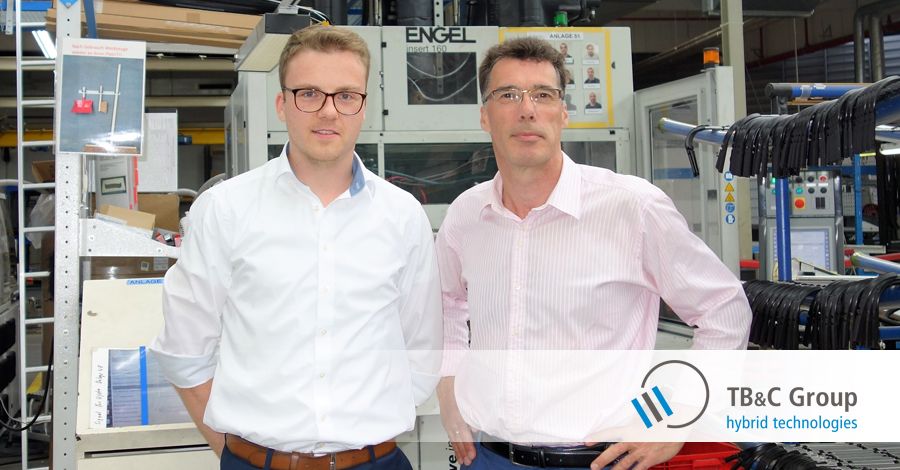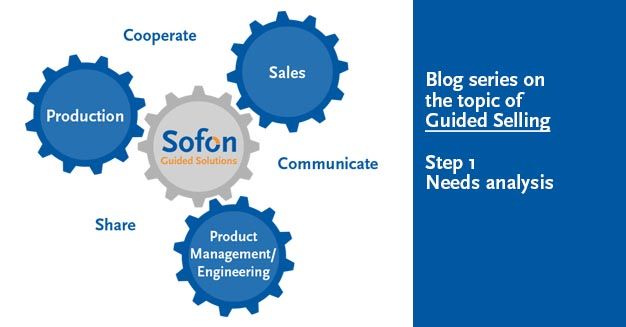GROWTH THROUGH A TWO LEVEL KNOWLEDGE MODEL
'Sofon provides a hybrid solution for clients with business units in various stages of the modular production process.'
Over the years, consultant Peter Bergman has supported many clients with different needs. The client-specific solutions that he and his colleagues have conceived and developed are equally diverse. When asked to choose one, he selects a solution in which he proposed a two level knowledge model. Sofon allows you to do that. It proved an excellent response to different approaches to thinking and working in the organization concerned.
Could you briefly describe the situation?
Peter: "Our client was a machinery manufacturer with growth ambitions that had started using Sofon to configure its products several years ago. All its products have been incorporated in a knowledge model that could be accessed by sales staff in every country. The question and answer structure of the configuration model enables them to prepare proposals quickly and accurately and produce extensive and complex proposals within a day. The knowledge model is a crucial element in the standardization process currently being implemented and provides many advantages in practice. Without compromising on client specificity, they have significantly reduced their inventories and become more responsive in terms of service delivery. They particularly want to achieve growth through simplicity and a good overview. Not by recruiting more staff, but by making knowhow centrally available so that everyone, regardless of their experience, can use it easily and correctly. Correct orders translate into a clean production process. As you grow, you can then prevent the effects of faults and malfunctions becoming magnified in the production process."
What do you mean by 'two levels'?
Peter: "This relates to a company they had acquired. The machinery manufacturer wanted to implement Sofon in its new acquisition. However, this company had a totally different operational approach and mindset. Proposals were elaborated in an ERP environment and configurations developed using an in-house item picking system with a high degree of freedom. This meant that it could only be operated by very experienced staff. Proposals took a long time to prepare, were error-prone and generally had to be checked by various employees for accuracy and completeness before being issued. To give you an idea: apparently it took a salesperson in this company at least 7 years to advance to the position of sales engineer. Obviously Sofon would be ideal in this situation. With our solution, a salesperson only needs to learn how to use Sofon and can then use all the available knowledge. Rather than 7 years, it only takes 7 hours or 7 days. The company's approach was very much engineering-based. Although the machines they built closely resembled each other, they were always considered unique products and were treated as such in the production process. The problem was that there was a great deal of resistance to change. The management team was unable to have a Sofon-based configuration process implemented as a means of moving towards standardization. The level of frustration was already very high when I was asked about a possible solution. It proved quite a challenge. However after a short, internal brainstorming session and a study of the existing working method in the 'rebel' plant, we quickly came up with an answer. One of Sofon's key strengths is its flexibility, so why not use this flexibility within one and the same company. The nice thing was that the client was surprised with our positive response. They hadn’t expected that a system could provide the basis for bridging internal differences in perspective and working methods."
So what was the solution?
"In the new operating company, they built a knowledge model for one of the machines, from which sales staff could select product options. It was still very elementary but it enabled employees to become familiar with Sofon and experience its benefits. This model can now be enhanced and adjusted on a step-by-step basis. That’s what’s good about Sofon: as a company you can use it to accommodate all your products and then link different knowledge models to it, ranging from simple to very advanced. It really is very flexible; you mold the knowledge models so that they fit into every business unit. The machinery manufacturer can now incorporate the new operating company in its growth philosophy based on a standardized and clean production process. Only the level of thinking in relation to the Configure to Order process in the new operating company is different. But once they begin to experience the benefits of Sofon, I expect this change will no longer be an issue."
You must look back on this with satisfaction?
Peter: "Well, I wouldn’t say look back. The company continues to evolve and we’re going with the company in this process. The client considers us to be a partner and that’s exactly how we experience our relationship too. We invest in each other and share responsibility for the success. That’s what it really is. We use the same approach at Sofon. Investing means getting total insight into the company's precise needs. What are the issues, what is their origin and are there any structural issues? How are the business processes organized? We keep asking questions and exploring until we really understand everything. This then forms the basis for a client-specific solution. This client told us that we’d identified some issues to which the company itself had become oblivious. That was nice to hear. As far as we’re concerned, there’s a real future for us here together. We are and continue to be available to translate new ideas into knowledge models."
Need for discussion, contact us!
Follow our LinkedIn company page to stay informed of all our blogs.







